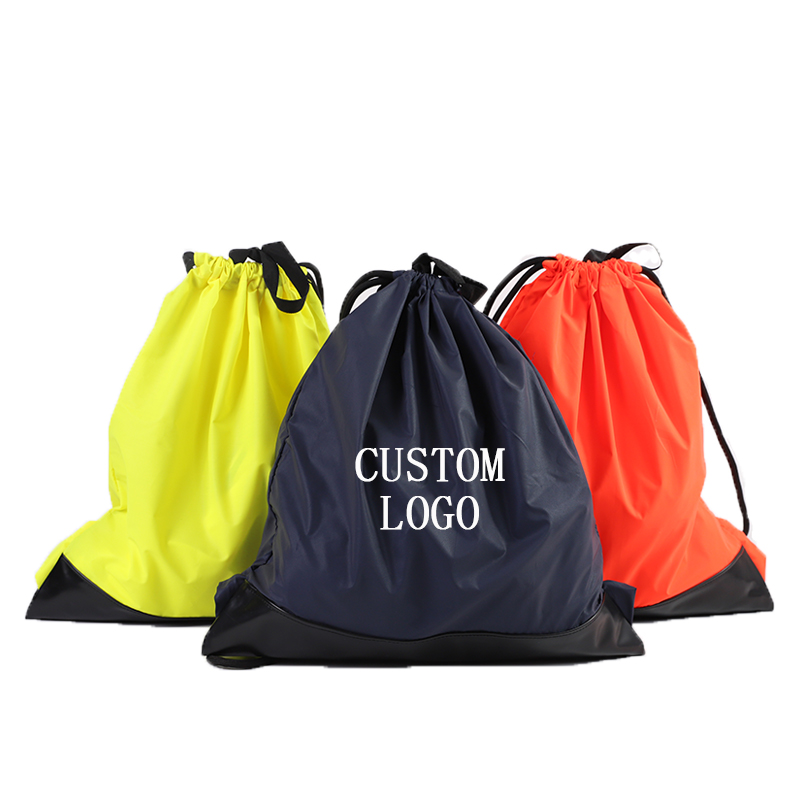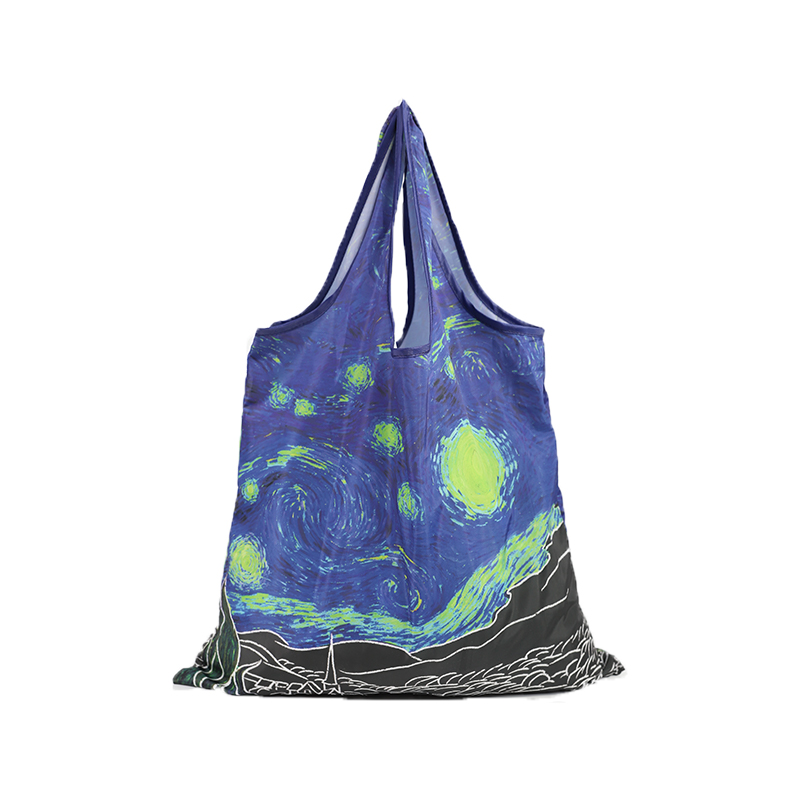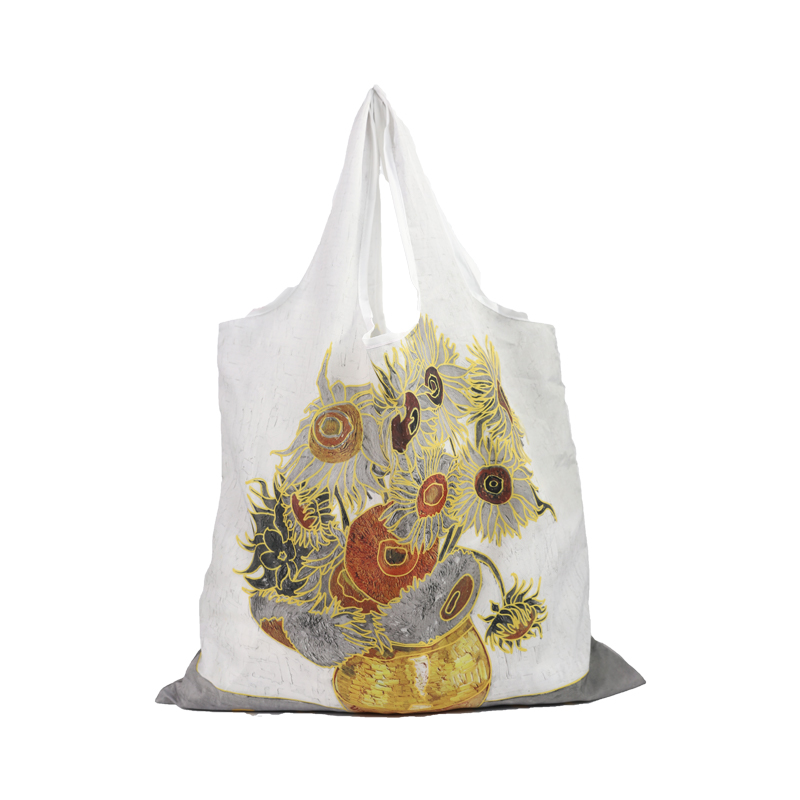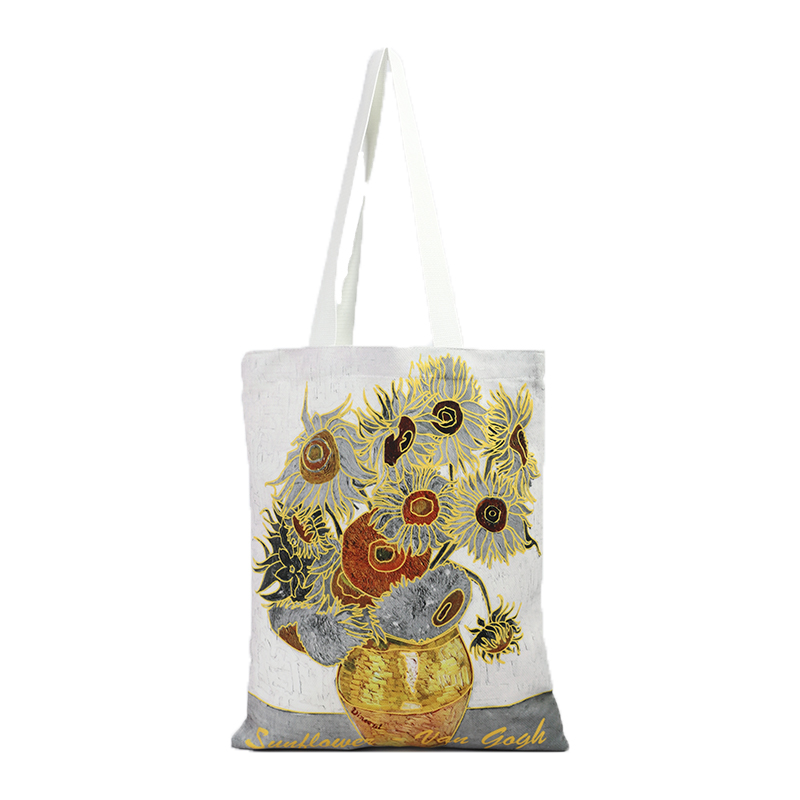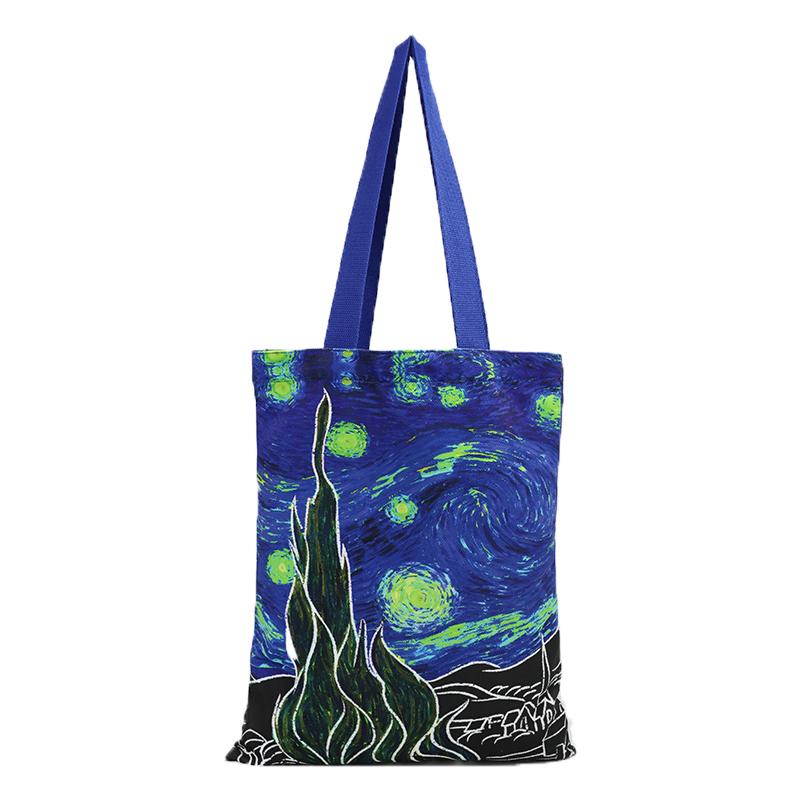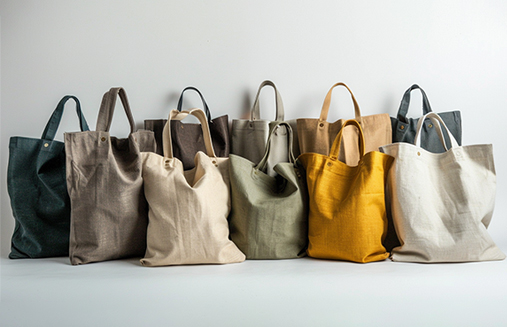
The Social Impact of Canvas Bags: A Symbol of Fashion and Sustainability
In recent years, canvas bags have transcended their practical purpose and evolved into a symbol of fashion and sustainability. As eco-friendly alternatives to traditional bags, canvas bags have made a significant social impact, influencing consumer behavior and promoting environmental consciousness. This blog delves into the intersection of fashion and sustainability, highlighting the role of customized services and environmental friendliness in shaping the social impact of canvas bags.
Fashion Fusion: The Rise of Canvas Bags
Canvas bags have seamlessly integrated into the world of fashion, becoming a versatile accessory for individuals who prioritize style and sustainability. Their adaptability to various fashion styles, from casual to chic, has made them a popular choice among fashion enthusiasts. The durability and timeless appeal of canvas bags have positioned them as a staple accessory, reinforcing the notion that fashion and sustainability can coexist harmoniously.
Customized Services: Personalizing Fashion Choices
The availability of customized services for canvas bags has played a pivotal role in enhancing their social impact. By offering customization options such as monogramming, unique designs, and personalized embellishments, canvas bag manufacturers have empowered consumers to express their individuality through their fashion choices. This personal touch not only adds a sense of exclusivity to the bags but also fosters a deeper connection between consumers and their sustainable fashion accessories.
Environmental Friendly: Aligning Fashion with Sustainability
At the core of the social impact of canvas bags lies their environmental friendliness. Unlike their single-use counterparts, canvas bags are reusable, reducing the demand for disposable bags and minimizing waste. Their production from sustainable materials and adherence to eco-friendly manufacturing practices further solidify their reputation as an environmentally conscious fashion choice. By choosing canvas bags, consumers signal their commitment to sustainable living and environmental stewardship, making a positive impact on the planet.
Redefining Consumer Behavior
The widespread adoption of canvas bags has redefined consumer behavior, encouraging individuals to make more mindful fashion choices. As consumers become increasingly aware of the environmental impact of their purchases, the demand for sustainable and ethically produced products, including canvas bags, continues to rise. This shift in consumer behavior reflects a growing consciousness about the consequences of fast fashion and a desire to align personal style with environmental responsibility.
Advocacy and Awareness
The social impact of canvas bags is further amplified by advocacy and awareness campaigns that promote their environmental benefits. Through collaborations with influencers, environmental organizations, and fashion icons, the narrative of canvas bags as stylish and sustainable accessories is amplified, reaching a wider audience. Educational initiatives that highlight the detrimental effects of plastic bags on the environment and the positive implications of choosing canvas bags contribute to the broader social impact.
Community Engagement and Ethical Fashion
Canvas bags have become a focal point for community engagement and ethical fashion practices. Local artisans and fair-trade cooperatives often play a significant role in the production of canvas bags, supporting sustainable livelihoods and ethical manufacturing processes. This emphasis on ethical fashion resonates with consumers who seek to make socially responsible purchasing decisions, further amplifying the social impact of canvas bags.
Conclusion: A Fashionable Statement of Sustainability
In conclusion, the social impact of canvas bags extends beyond their utilitarian function, encompassing their role as a symbol of fashion and sustainability. Through customized services and environmental friendliness, canvas bags have permeated the fashion landscape, redefining consumer behavior and advocating for more ethical and environmentally conscious choices. As they continue to influence fashion trends and consumer attitudes, canvas bags stand as a testament to the powerful fusion of style and sustainability.

